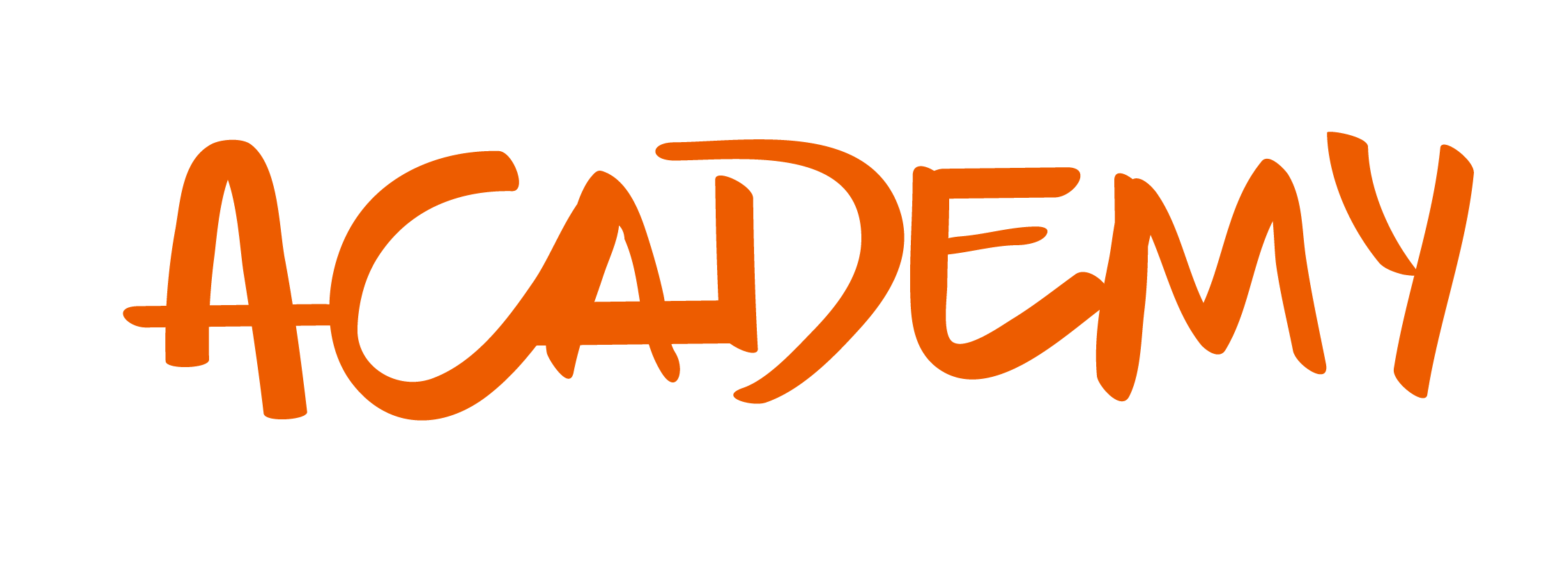In the exciting world of creative agencies, our main focus is often on creativity and the implementation of innovative strategies that will amaze our clients. However, we cannot lose sight of a fundamental aspect that often goes unnoticed: internal management. This management becomes a critical point when we seek to be more efficient, effective and profitable in our businesses.
One of the most significant challenges facing creative agencies is the time lag between what is promised to clients and what is actually executed. To ensure profitability and client satisfaction, it is essential to avoid these slippages and to know precisely how many hours a project may require from our collaborators. This knowledge provides us with a solid basis for future rate negotiations.
After analyzing the experiences of more than 600 agencies, we have found that their main objective is to improve profitability. Forty percent of them find it beneficial to have complete end-to-end visibility into all agency operations, while 37% focus on profit as their primary focus. The remaining 23% are looking to improve resource management. This data reveals that many agency issues are related to internal visibility into various aspects such as resources, slippage, deliverables, rework and operational capacity.
The Quest for Profitability
Profitability has become the guiding light for many CEOs and CFOs in this highly competitive industry. Many of them admit that their projects are not profitable, even losing money due to a lack of accurate knowledge about the hours used by their teams. The key to addressing this structural problem in internal agency management is to recognize its existence and take steps to correct it.
One surprising fact is that, after talking to many agencies, we found that none of them based their answers on real data about the internal management of their teams. Moreover, 59% of them admitted to estimating project fees based on past experience rather than hard data. This lack of organization and focus on accurate data can carry errors over time, leaving agencies with projects, fees and clients that are not profitable.
In the competitive world of creative agencies, understanding and controlling budget management is essential to success. It is crucial to know how often initial budgets allocated to projects experience changes. Our findings reveal that 93% of agencies acknowledge that their initial budgets often deviate at some point in their projects, while only 7% have never experienced changes to their budgets.
Virtually all initial Scope of Work agreements with clients tend to undergo deviations and modifications. These deviations refer to differences between the amount initially budgeted and the amount ultimately required when executing a project or campaign for a client. Seventy-four percent of agencies report that these problems are mainly related to the lack of data-driven management. In addition, 50% of these changes occur after the start of the projects.
The Need to Change a Budget
Among the main reasons for changing a budget are change requests from clients, deviations in projects, and under-budgeting or understaffing. Sometimes a number of staff is incorrectly assigned to a project, which can result in poor project rate management, a problem that can recur if not identified in time. It is crucial to have a project management tool that offers dashboards to upload and visualize data in real time, allowing to identify these deviations.
Selling all our available hours at the best possible price is an optimal business for an advertising agency. Our raw material is time, and every hour represents ideas, strategy and added value. Therefore, it is crucial to have a dashboard that presents all the data needed to make informed decisions.
This approach also benefits client relationships by providing visibility into deviations, deliverables, rework and operational capacity. With accurate data, both agencies and clients can make more informed and strategic decisions for mutual success.
Effective project and budget management then becomes the foundation for efficiency, effectiveness and profitability in our businesses. Our findings highlight the urgent need to address budget slippage, lack of internal visibility, and decision making based on accurate data rather than past experience. By doing so, agencies can not only achieve desired profitability, but also strengthen their client relationships and ensure a successful future in this competitive environment.














